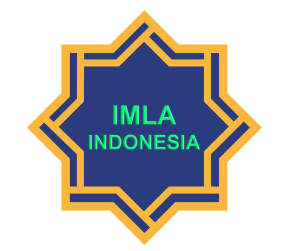ARABIC GRAMMAR VERNACULARIZATION
Study on Javanese Islamic Books Written by KH. Ahmad Muthahar of Mranggen Demak
DOI:
https://doi.org/10.28918/alsinatuna.v7i1.5039Keywords:
Vernacularization, Arabic grammar, javanese Islamic booksAbstract
This research aims to describe the vernacularization process of Arabic grammar by studying the books that discuss the nahwu-sharaf rules translated by KH. Ahmad Muthahar of Mranggen Demak. There are several reasons that made KH. Ahmad Muthahar translate a lot of Arabic grammar books. These include: book writing movement was an academic culture that had long been built by Arab scholars and scholars of the Archipelago, to maintain and preserve the Javanese language literature written in the Pegon script, and to make it easier for the santris (students of the pesantren) and the public to learn the rules of Arabic. The sociolinguistics approach is used for this study. This study is a library research, the data of which were collected through listening, surveying and note-taking method. The data were analyzed for their content (content analysis). The study found that KH. Ahmad Muthahar’s efforts to vernacularize the Arabic grammar in his books include: vernacularization of the grammatical symbols in order to understand text structure, vernacularization of the I’rab narration, vernacularization of the particles of the Arabic letters, localizing the change of meanings caused by changes of word forms (morphology).


















